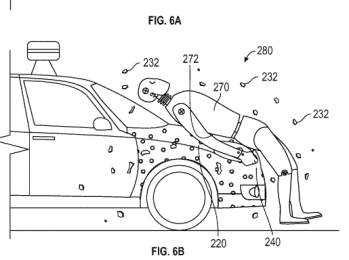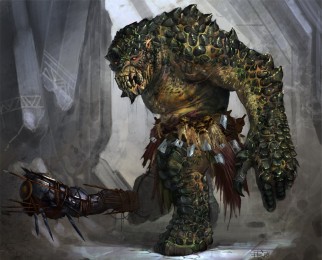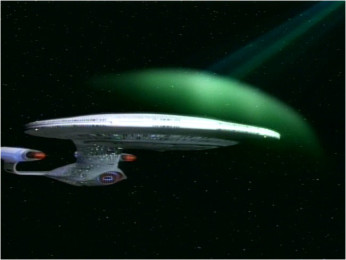 Search engine outfit Google has been awarded patent number 61911853 which could help prevent pedestrian injuries by sticking those who step infront of its autonomous cars to the bonnet.
Search engine outfit Google has been awarded patent number 61911853 which could help prevent pedestrian injuries by sticking those who step infront of its autonomous cars to the bonnet.
The idea is that if a car hit a pedestrian, the person would be glued to the car instead of flying off and this will prevent a secondary impact between the pedestrian and the road surface or other object.
Google explains that an “adhesive layer” would be placed on the hood, front bumper and front side panels of a car. A thin coating would protect it until an impact occurred.
Google patent shows how a self-driving car could protect pedestrians with a fly-paper-like coating.
The double-sided tape concept could mitigate some pedestrian injuries, the concept is far from ideal if it pinned a victim between the car and another object.
“Prospective product announcements should not necessarily be inferred from our patents,” a Google spokeswoman said in a statement.














